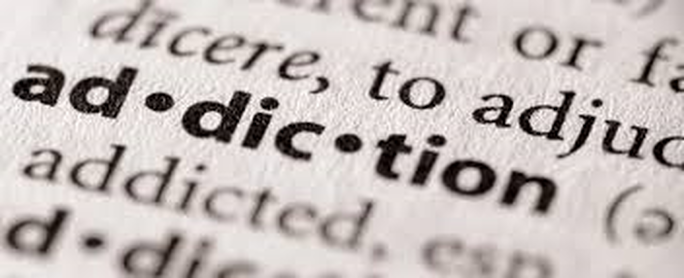|
CBD blocks narcotic addiction but now I am talking about alcohol, cocaine, heroin, and meth. CBD inhibits CB1 activation (Thomas, 2007) in the cell, brain and peripheral nerves. The result, from both theory and clinical experience, is the reduction of drug tolerance, addictive behavior and withdrawal. This means less drugs are needed to a...chieve the same benefits, the elimination of the addictive cravings and, very importantly, withdrawal prevention. I also want to add nicotine and benzodiazepines to the list of what I have seen clinically.
"Studies with drugs of abuse suggested that cannabinoid receptors are involved in the regulation of the central reward system. Accordingly, inactivation of cannabinoid CB1 receptors attenuates the rewarding effects of cannabinoids (Ledent et al, 1999), opiates (Ledent et al, 1999; Martin et al, 2000; Cossu et al, 2001), and cocaine (Chaperon et al, 1998), whereas stimulation of these receptors elicits relapse not only to cannabinoid consumption but also to cocaine, heroin, alcohol, and methamphetamine (Fattore et al, 2007; Higuera-Matas et al, 2008)." (De Chiara, Neuropsychopharmacology, 2010). http://goo.gl/J6T3mk We don't usually think about it but sugar evokes some of the same addictive properties as the worst addictive drugs..."Furthermore, the endocannabinoid system has a key role in the rewarding properties of palatable foods, and cannabinoid CB1 receptor blockade decreases motivation for sweet foods, whereas activation of these receptors increases it." Blair comments: This fact about the attenuation of all addictive compulsions with CB1 inhibition by CBD could lead to the most substantial public health improvement of the century. Study: Voluntary Exercise and Sucrose Consumption Enhance Cannabinoid CB1 Receptor Sensitivity in the Striatum http://www.ncbi.nlm.nih.gov/pmc/articles/PMC3055381/
0 Comments
Leave a Reply. |

 RSS Feed
RSS Feed
